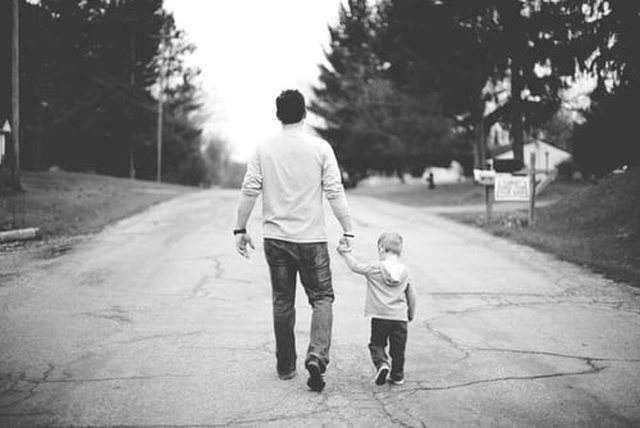
"The woman takes care of the children, that's why I left her at home, I don't even take her to work"… or another expression, "If you are a mother" - this excuse is articulated from politicians to small traders. The father has no time, he is busy working outside the home. Even when the husband is out of work, he does not deal with his children and not because he does not want to, but because he does not know. He does not know how to behave with the child, as he has neither seen nor experienced such a thing. But this does not mean that he should not do the task, on the contrary. The number of fathers involved in the lives of children is increasing, but the number of fathers who do not see it as their duty to be involved responsibly in the life and education of the child still prevails.
They love their child very much, but do not know him! They fulfill the desires that seem to them to be the desires of the child, but in reality are the missing and unfulfilled desires of their childhood. Loving a child does not mean buying clothes, cars, toys, or making a room that looks good to a parent. This form that the parent chooses to build with the child is a commercial form. It's like making a contract "I'm buying things, you leave me alone". No contractual relationship is established with the child. The parent-child, father-child relationship is the fundamental human-human relationship through consciousness, where things have minimal value.
To love the child means to be there when you take the first step, where the child, like Atlas, carries the whole human universe on his back and has to move his legs to move forward. It is a gigantic power, which the little man sets in motion, to take the first steps; not to mention then the other tenfold energy it takes to articulate the word. It would be good for his father to be by his side in these moments, to encourage him and to be proud of him. It is not in vain that all peoples, at the same time, without connection to each other, created the same expression: "My mother taught me, my father taught me!" The figure of the father is as important and central a figure as that of the mother.

By Lira Gjika





